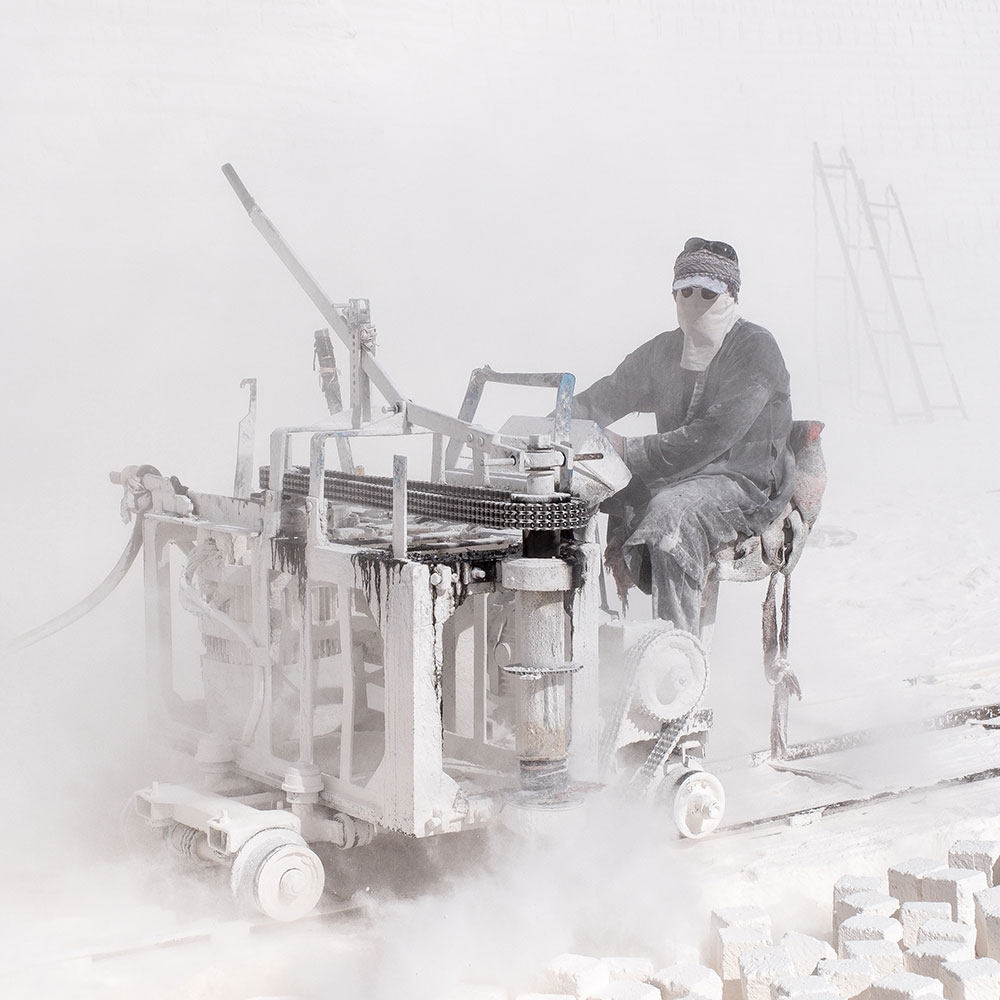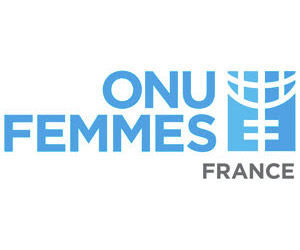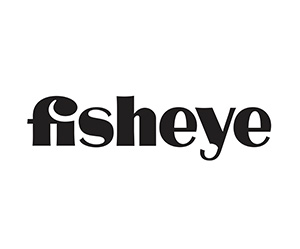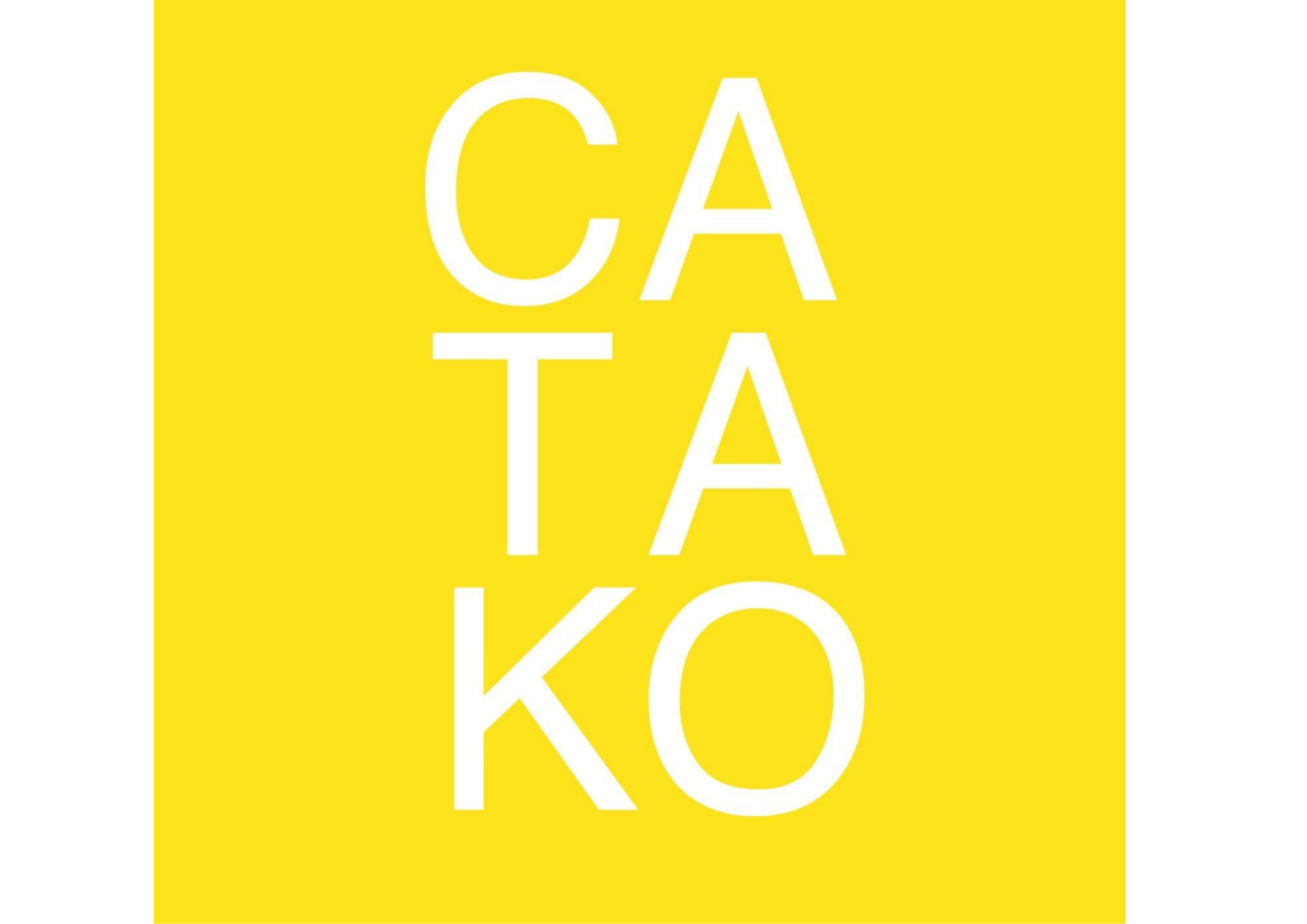Sidney Léa Le Bour
French, Nantes, France
Edition 2019 - Finalist

4:30 in the morning. Minibuses dump men all wearing a djellaba in dozens. They call out to each other, gesticulate and kill time by eating falafels and sipping tea. In less than an hour, the crossroads are full of people. All wait for the same thing: the arrival of the pick-ups that will take them to the limestone quarries. In Al-Minya, it is the main source of work. Almost all working-age men in the area go there 6 days a week. The road is chaotic and like a labyrinth. As the sun is not yet up, it is very cold. Some protect themselves from the wind under tarpaulins, others are wrapped in blankets. The men pile up in the back of the vehicles and huddle together for 30 to 45 minutes.
The arrival on the quarries is surreal. A purplish light dyes the sky and the immaculate white landscapes that surround us. Sparks splash the night. At the first light of day, men sharpen the circular saws. This is the beginning of a well-honed ballet where everyone is in his place and knows what he has to do. Put the rails in place and shift them as you cut them, maneuver the machines, remove the bricks that have separated themselves from the ground and start again. The air is unbreathable and the light is blinding. Clouds of particles envelop the ghostly silhouettes. With each inhalation, the silica rushes into the lungs of the workers. To limit the ravages and the lack of a protective mask, they try to protect themselves with scarves and cloth hoods. But, this does not stop the disease: pulmonary embolism and cataracts, among others, are common currencies.
Men know it. The health risks and the accidents are numerous on the quarries. All it takes is a saw that slips or a piece of the blade that breaks off to lacerate the flesh and cause irreparable damage. The bare wires snaking on the ground are causing many electrocutions. And to top it off, most of these workers are uninsured. Quarry owners cannot get the licenses that would guarantee their employees a pension and health insurance. The army only delivers drop by drop the magic formula. You have to abide by very strict rules and pay exorbitant taxes, often much higher than the real profit of these companies. For 5 or 6 euros per day and despite the risks, men in the region continue to produce limestone and expose themselves to the worst.




















